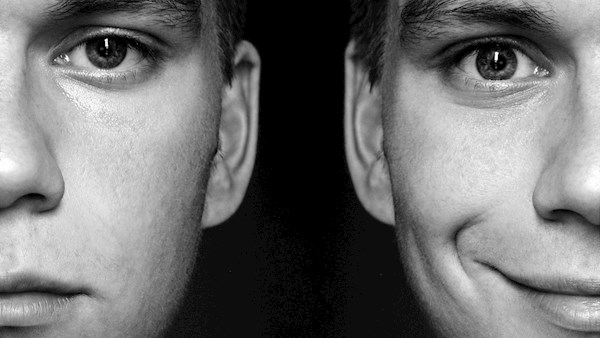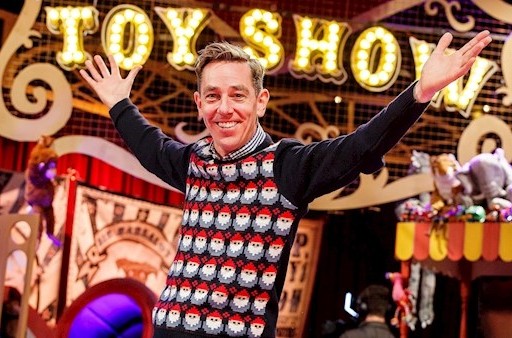LAST week, I wrote about how happiness is a state of mind that requires considerable effort to achieve.
I received many emails asking how to make a teenager happier.
Many parents described the same story: the teenager in the house has become sullen, less chatty, and more withdrawn. It is a very good question and one I try to answer daily in my own clinic.
How can we help our children to be happy? When talking with a young adult about their happiness, I ask about their family and their environment.
Nothing can impact a teenager’s happiness like family, peer group, or school. The reason is that a teenager is too often caught up in external factors, so when there is a shift in those relational dynamics, they become unhappy.
So, when you think about your child, think about the last time they were happy. What was going on for them? Were they about to meet friends? Did you buy them something expensive?
As long as happiness is rooted in external conditions, it will always be unstable. We have to help our children become happy with who they are.
So, how do we do that? Remember, ‘comparison is the theft of joy’ and nothing compares or labels a child more than education or the family. Those two systems can be incredibly powerful in destroying a child’s sense of worth or value.
I so often hear a young adult describing how they are not academic like their brother or sister. And I hear teenagers describe with penetrating accuracy who the favourite is in the family.
They delineate the evidence of favouritism with a wry smile, but it is obvious that there is real pain. When we compare our children, we are creating a self-fulfilling prophecy that dramatically impacts that child’s future capacity to experience happiness.

Avoid comparing your children. It is a very difficult thing to do, because one child may be very easy to manage, while another may require an inordinate amount of time. But comparing them only illuminates your inability to manage each child as an individual.
And they are individual. When we compare, we are implicitly stating we wish they were alike.
When I am talking with a teenager who has come to see their life as a series of deficits, due to being negatively compared to a sibling, I explain that they have no idea about their potential, because they are too caught up in looking around them to see what is truly within.
A label like ‘not as good as’ or ‘lazy’ doesn’t predict the future behaviour of your child: it writes it.
Another key area to help your child become happy is to teach them how to interpret events in their life. If you are negative and cynical, it will destroy joy for you. Bad things will happen.
When I was a teenager, my parents separated; this was a troubling time in my life. It took me some years to be able to interpret that event correctly, so that I now see it as a gift. How could I have insights into what teenagers experience when their family is in turmoil if I hadn’t gone through that difficult time myself? What a gift it is for me.
The meaning we make from events is crucial to our happiness. I was at a friend’s wedding, a number of years ago, and while she was dancing with her new husband, someone spilled wine all over her beautiful wedding dress.
The dress was very badly stained. She had two options: allow that event destroy her wedding, one of the most important days of her life, by interpreting it as a disaster and thinking ‘how could this happen to me?’; or turn it around and ensure nothing could impact that day.
Moments later, she was dancing, smiling, holding the dress up for all to see. She decided to be happy; she interpreted the meaning correctly.
Showing your child happiness is a choice, and interpreting events correctly will either make you happy or sad. It’s like the guy driving the car, beeping at everyone aggressively in the traffic. He is looking for negative interactions all around him; he will find them and he will be unhappy. Because he has decided to be unhappy.
We must help our children to interpret events as they happen, because they will need this skill in their life. If we stop comparing and labelling our children, we just might give them the space to enjoy being who they are.



